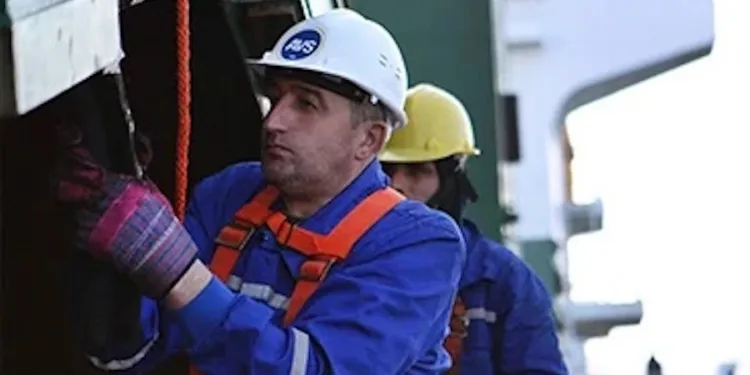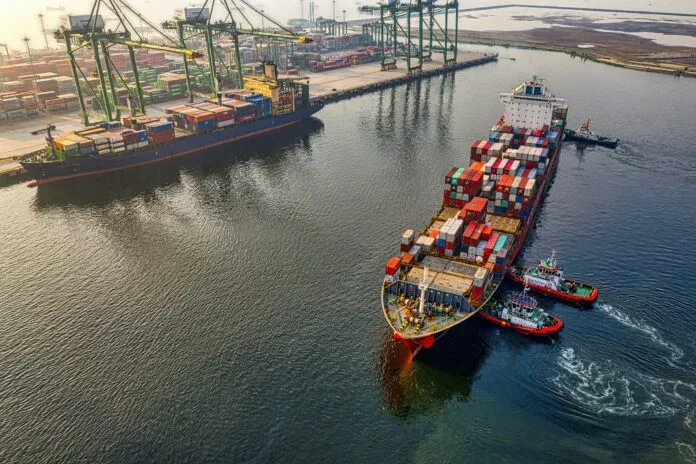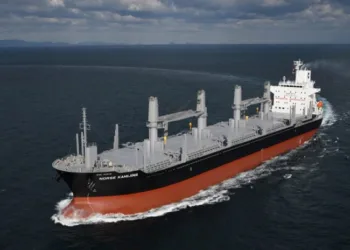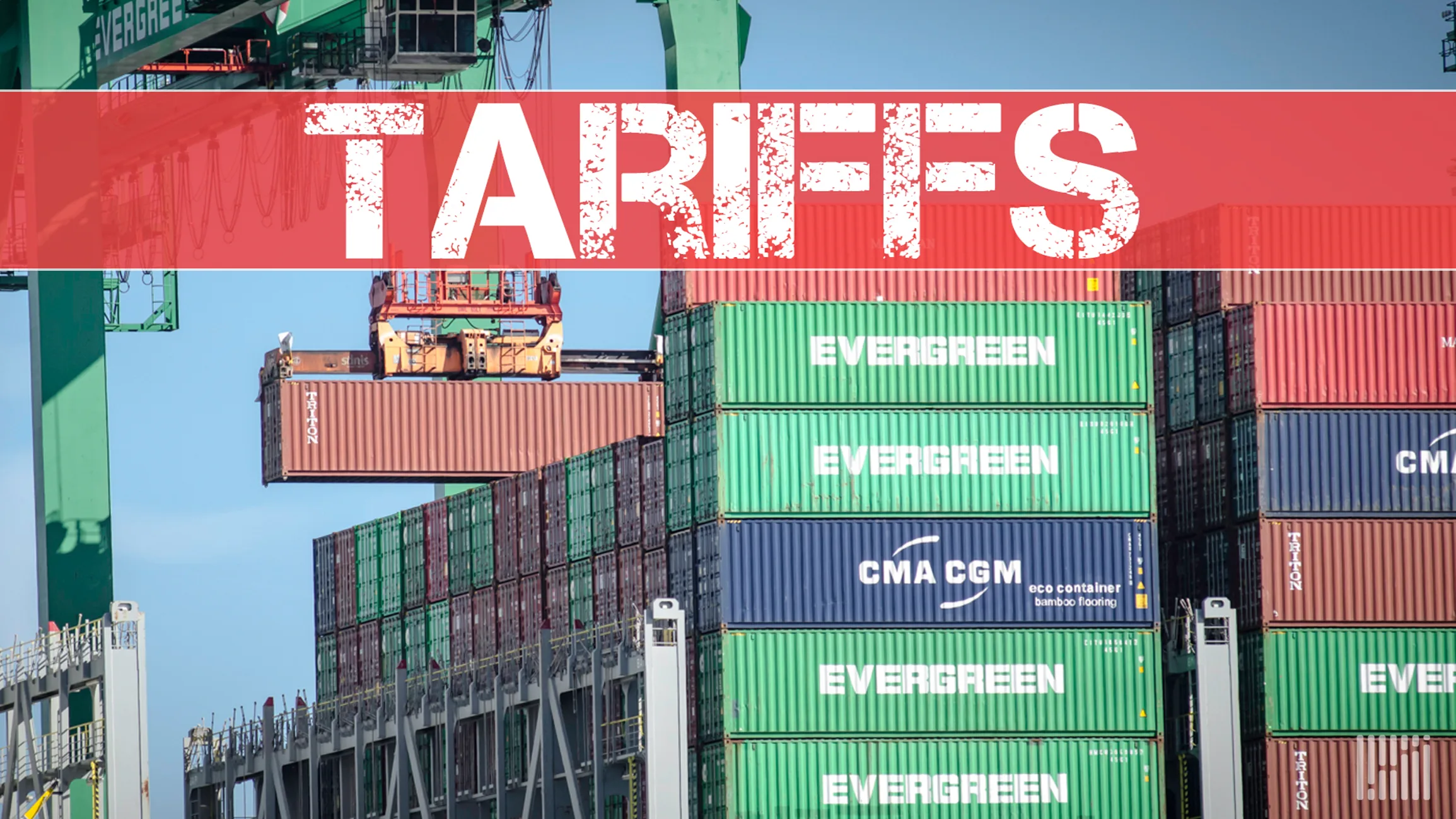Burcu Kula Akbaş, an expert clinical psychologist, and Murat Bingül, senior psychological counsellor with the AVS Global Ship Supply team write for Splash today.
Shipping is often described in hard numbers, billions of tonnes of cargo moved each year, thousands of voyages completed, hundreds of ports connected. Yet behind every statistic are the people who make it possible. And today, those people are sending a clear message: the maritime industry must do more to protect their wellbeing.
The BIMCO/ICS Seafarer Workforce Report projects a shortage of nearly 90,000 officers by 2026. This is not just a labour issue; it’s a warning sign about how the industry values and supports its workforce. Crew wellbeing is no longer a secondary concern, it is becoming a defining measure of sustainability, safety, and competitiveness.
For too long, mental health and welfare have been treated reactively, addressed only when a crisis arises. But the pressures faced by seafarers such as long contracts, isolation, disrupted sleep, and limited communication with family, are ongoing realities, not exceptions. These factors directly affect morale, retention, and performance onboard.
The most recent Seafarers Happiness Index is an indicator of fragility highlighting complex emotions: fatigue, anxiety, and disconnection, that cannot be solved by short-term gestures alone. Meaningful progress depends on embedding wellbeing into the daily fabric of maritime life, rather than treating it as an occasional intervention.
A more holistic understanding of welfare is beginning to take shape. It recognises that a safe and efficient operation depends as much on human factors as it does on technology or fuel choice. Crews that feel supported are more alert, more collaborative, and less likely to make costly errors. Conversely, neglecting wellbeing leads to burnout, high turnover, and declining operational performance.
In this sense, the moral and commercial arguments are inseparable. Companies that invest in crew support whether through better nutrition, communication access, or psychological assistance, are investing in the resilience of their own operations. Those that fail to do so risk not only reputational damage but also losing skilled personnel in a labour market that is already under strain.
Younger generations, in particular, are reshaping expectations. They are entering the workforce with greater awareness of mental health and stronger preferences for employers who demonstrate genuine care. In shipping, where working conditions can be uniquely demanding, that expectation carries real weight. For many, wellbeing is not a perk it’s a prerequisite for a sustainable career.
Across the sector, a growing number of initiatives reflect this shift. Companies are exploring structured mental health support, stress management training, and more balanced catering programmes that connect nutrition with performance and morale. Others are developing digital communication channels to help crews stay in contact with families or access guidance from professionals when needed.
Such measures represent more than kindness; they are part of a necessary adaptation. The shipping industry is entering a new era where human sustainability is recognised alongside environmental and economic sustainability. A vessel that runs on cleaner fuel but neglects its crew cannot claim to be truly sustainable.
There is also a broader cultural element at play. Discussions around crew welfare are challenging old assumptions that toughness is a requirement, or that silence is strength. Encouraging openness about mental health and emotional wellbeing helps build safer, more inclusive workplaces at sea. The same applies to leadership styles: when officers and managers prioritise empathy and communication, they foster teams that are not only more motivated but also more cohesive and resilient in emergencies.
Ultimately, the wellbeing of seafarers is both a shared responsibility and a shared opportunity. Shipping cannot afford to view it as a soft issue or an afterthought. It is a strategic necessity that influences everything from safety performance to recruitment and reputation. The most successful operators in the coming decade will be those who understand that people are not just an operational cost, they are the foundation of the entire enterprise.
The message for the maritime community is clear: ethical responsibility and commercial logic are not opposing forces. They reinforce one another. The wellbeing of crews is not a matter of sentiment; it is a matter of survival for companies, for safety, and for the long-term health of the industry itself.




















